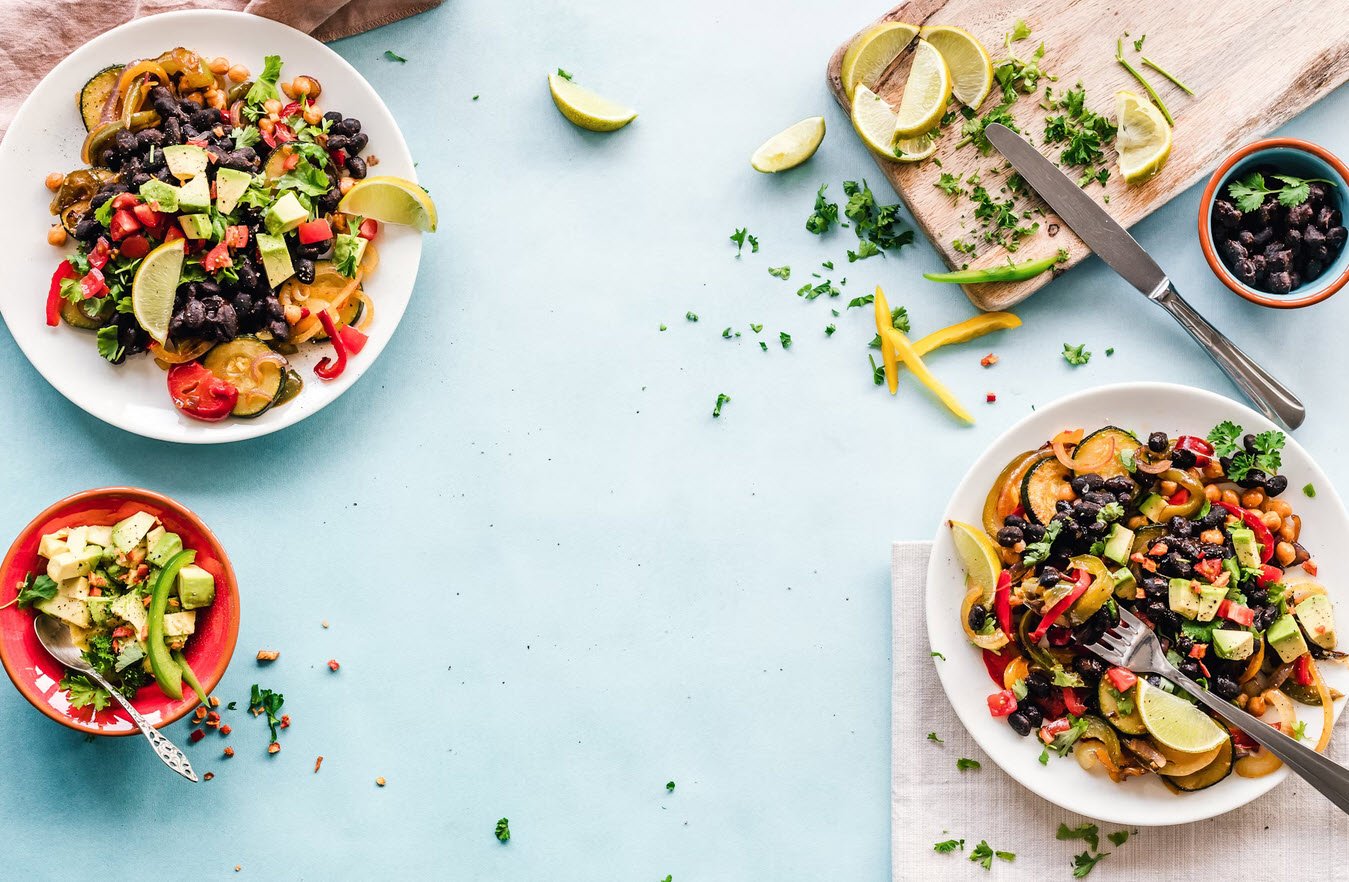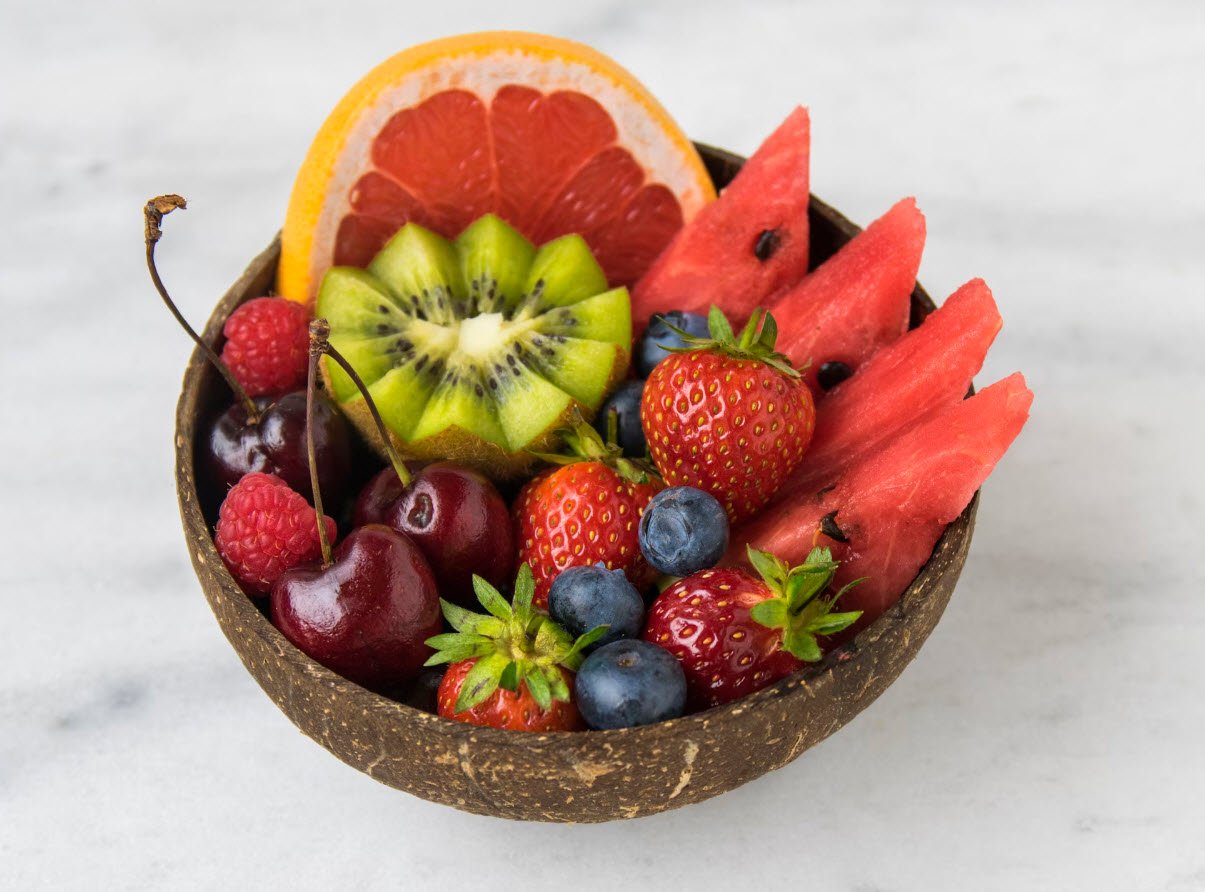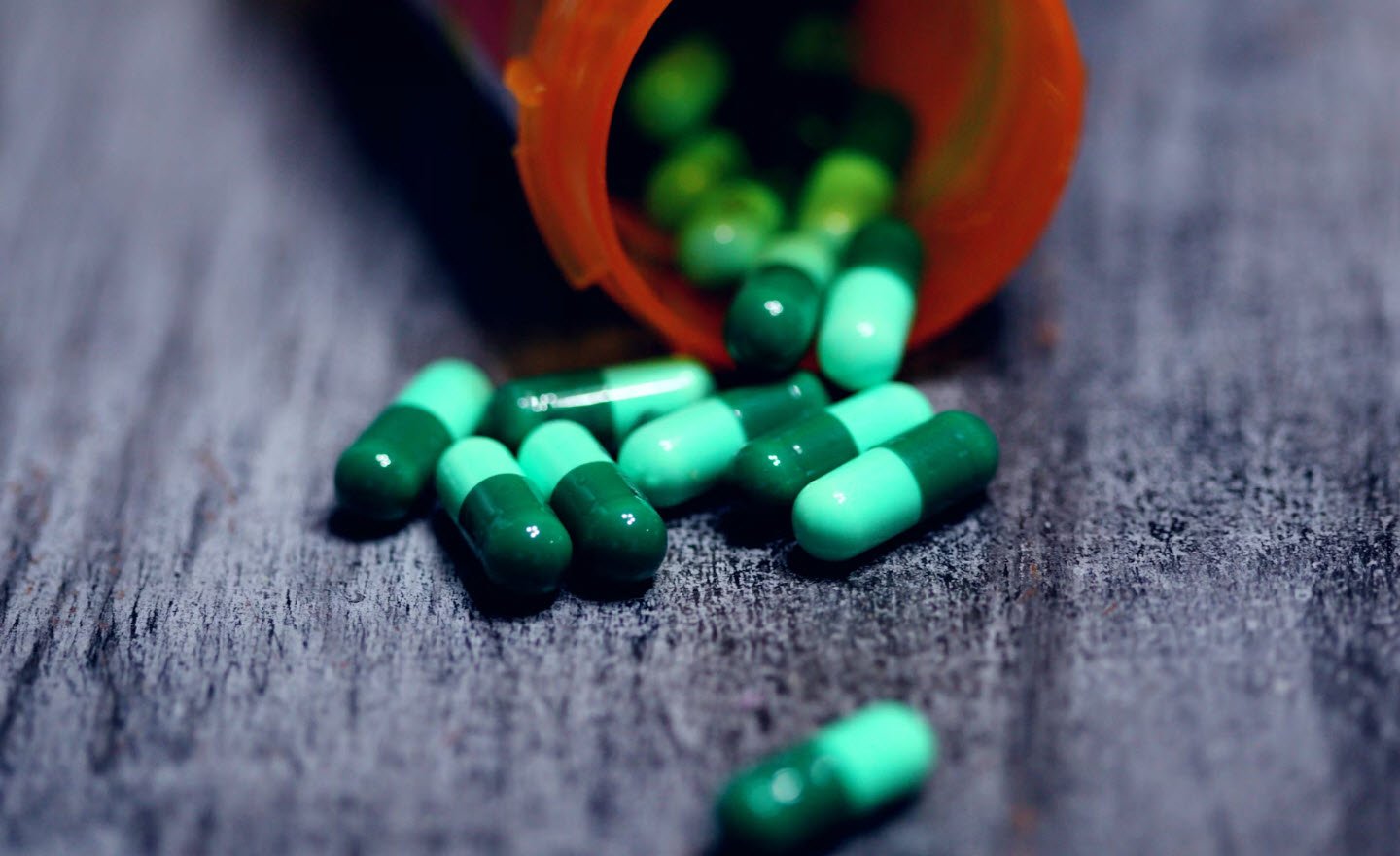
Kidney stones, though small in size, can cause immense pain and discomfort. Understanding how to prevent and manage kidney stones is crucial for those who suffer from this condition. This comprehensive guide provides 40 practical tips to help you deal with kidney stones effectively.
A) BASICS
Understanding the basics of kidney stones is essential for effective management.
1. Definition: Kidney stones form when minerals and other substances in concentrated urine crystallize and form hard masses in the kidneys. While most stones pass without causing permanent damage, some require medical intervention.
2. History: Kidney stones have been documented since ancient times, with incidences persisting today, indicating their prevalence over centuries.
3. Symptoms: Symptoms of kidney stones include intense pain, cloudy or bloody urine, nausea, vomiting, and fever.
4. Causes: Factors contributing to kidney stones include heredity, lifestyle, medical conditions, diet, drugs, and climate.
5. Prevention: Lifestyle changes, such as staying hydrated and modifying diet, can significantly reduce the risk of developing kidney stones.
B) TYPES
Understanding the different types of kidney stones can aid in their prevention and management.
6. Calcium Stones: Comprising about 80% of kidney stones, calcium stones are primarily composed of calcium and oxalate.
7. Struvite Stones: Resulting from chronic urinary tract infections, struvite stones can be large and damaging to the kidneys.
8. Uric Acid Stones: Formed from uric acid, these stones are associated with factors like chemotherapy and high-protein diets.
9. Cystine Stones: Rare and hereditary, cystine stones occur due to excessive excretion of certain amino acids.
C) RISK FACTORS
Identifying risk factors can help in understanding and mitigating the risk of kidney stones.
10. Family History: A family history of kidney stones increases the likelihood of developing them.
11. Not Enough Fluids: Inadequate fluid intake and exposure to hot, dry climates elevate the risk of kidney stones.
12. Diet: Diets high in protein and sodium can increase the risk of kidney stone formation.
13. Sex, Race, and Age: Men, white Americans, and individuals aged 20-70 are at higher risk of kidney stones.
14. Medications: Certain medications, including diuretics, can elevate the risk of kidney stones.
15. Diseases: Various medical conditions, such as renal tubular acidosis and chronic urinary tract infections, can predispose individuals to kidney stones.
16. Activity: Limited physical activity can increase the risk of kidney stone formation due to calcium release from bones.
D) DIAGNOSING
Effective diagnosis is crucial for timely treatment of kidney stones.
17. X-ray: Abdominal X-rays can detect most kidney stones and monitor changes in their size over time.
18. Ultrasound: While noninvasive, ultrasounds may miss smaller stones.
19. Intravenous Pyelography: This procedure involves injecting contrast dye to visualize the urinary tract.
20. CT Scan: A fast and accurate method for identifying kidney stones, though expensive.
E) TREATMENT
Various treatment options are available for managing kidney stones.
21. Extracorporeal Shock Wave Lithotripsy: This procedure uses shock waves to break stones into smaller pieces for easier passage.
22. Percutaneous Nephrolithotomy: Invasive surgery to remove larger stones.
23. Ureterscopic Stone Removal: A minimally invasive procedure to remove stones lodged in the ureter.
24. Parathyroid Surgery: Addresses overactive parathyroid glands causing calcium stones.
25. Neuropathic Treatment: Focuses on nutrition to promote kidney health and prevent stone formation.
F) MEDICATIONS
Medications can aid in the treatment and prevention of kidney stones.
26. Calcium Stones: Thiazide diuretics and bicarbonates may be prescribed.
27. Struvite Stones: Antibiotics are used to treat and prevent struvite stones.
28. Uric Acid Stones: Medications like Zyloprim or Aloprim reduce uric acid levels.
29. Cystine Stones: Medications to alkalinize urine and promote high urine output may be recommended.
G) THINGS YOU CAN DO AT HOME
Several home remedies and lifestyle modifications can aid in managing kidney stones.
30. Drink Water: Adequate hydration reduces the risk of stone formation.
31. Eat Well: Incorporate fruits, vegetables, whole grains, and lean proteins into your diet.
32. Stay Active: Regular exercise promotes kidney health.
33. Castor Oil Pack: Provides relief from painful cramping associated with kidney stones.
34. Hot Pack: Relaxes muscles and facilitates stone passage.
35. Hot Vinegar: Offers relief from severe pain.
36. Restricting Oxalates: Limit consumption of oxalate-rich foods.
37. Careful of Vitamin C: Excessive vitamin C intake may increase oxalate production.
38. Watch Out For D: Avoid excessive vitamin D supplementation.
39. Other Things to Avoid: Minimize sugar, antacids, excessive protein, dairy products, salt, carbonated beverages, and caffeine intake.
40. Oral Calcium Myth: Restricting calcium intake does not lower the risk of kidney stones.
Herbal Remedies and Supplements
Certain herbal remedies and supplements may aid in managing kidney stones.
Magnesium citrate, vitamin B-6, vitamin A-rich foods, bearberry, cleavers, corn silk, cramp bark, gravel root, khella, seven barks, and stone root are some herbal remedies and supplements worth exploring.
Always Consult a healthcare professional before using any herbal remedies or supplements.
Managing kidney stones requires a comprehensive approach involving lifestyle modifications, medical intervention, and potentially herbal remedies or supplements.
By understanding the basics, types, risk factors, diagnostic methods, treatments, and home remedies for kidney stones, individuals can effectively manage this condition and improve their quality of life. Always consult with a healthcare professional for personalized advice and treatment options tailored to your specific needs.
You may also like:- Can You Take Calcium and Vitamin D Supplements Together? Read Here
- Taking Control Of Your Hormonal Health: What To Expect From An HRT Clinic
- Strategies for Making Physical Activities Accessible for Children with Special Needs
- ICMR’s Advisory on Tea and Coffee Consumption
- 10 Healthy Tips for World Health Day 2024
- Headache Danger Signals – A Comprehensive Guide
- Commonly Used Drug Dosages for Pain
- Key Responsibilities and Duties of a Doctor
- Personalized Support For Every Family: The Specialized Training Of Lactation Consultants
- Why Does A Person Sleepwalk At Night?








